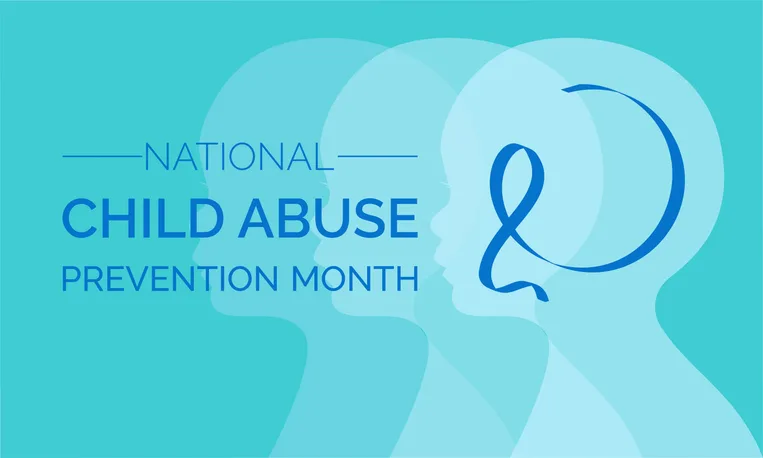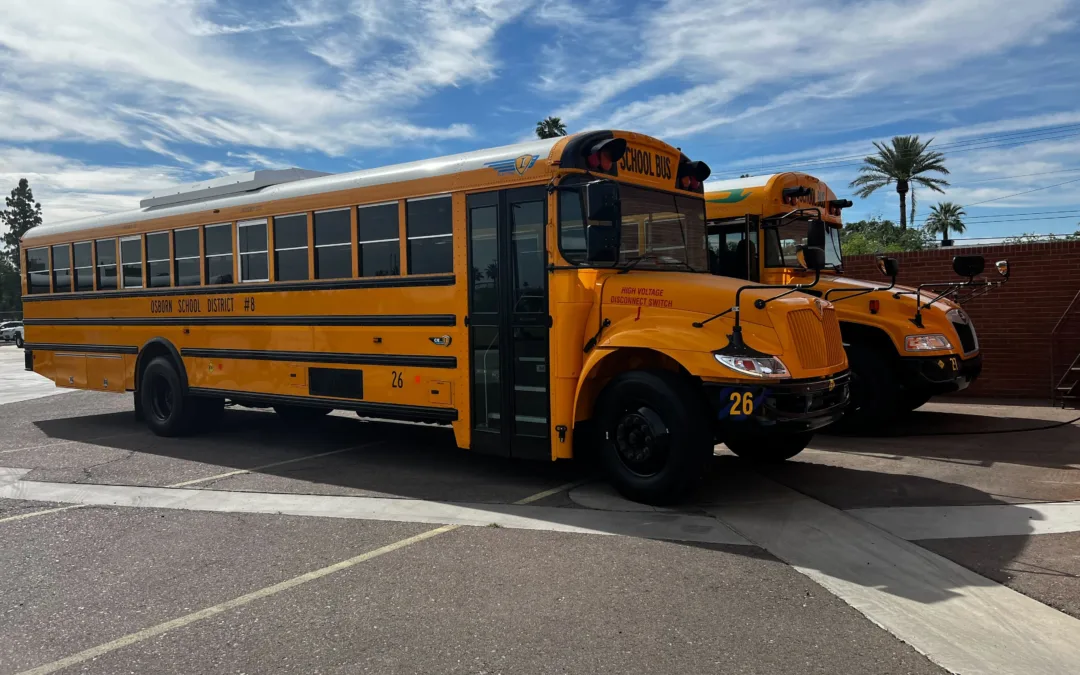
(AP Photo/Jeff Roberson)
The Food and Drug Administration (FDA) announced earlier this year that they would relax the national restrictions on how abortion medication is distributed.
RELATED: A Pre-Statehood Abortion Law Could Have Been Enforced Today. Arizona Voters Kept That From Happening.
In the past, people would need to visit a medical clinic that provides abortion services in order to obtain medicine such as mifepristone. The new FDA guidance allows pharmacies to provide the medicine to anyone with a prescription.
However, for Arizonans, women’s healthcare has never been quite that easy.
As previously reported, after the Supreme Court overturned Roe v. Wade, abortions in the state became illegal. And, while Arizona residents can receive prescription drugs by mail in some cases, medicine relating to abortion has additional hurdles.
State law requires any person seeking an abortion to go through mandatory in-person counseling, and after a minimum 24-hour wait period, may only take abortion medicine such as mifepristone in the presence of a physician.
Here’s the latest on Arizona’s abortion restrictions and abortion medication regulations.
Abortions are Legal, Medication Comes With Challenges
Firstly, abortions up to 15 weeks of pregnancy are legal in Arizona. In late December, an Arizona Court of Appeals ruled that doctors can’t be prosecuted for performing abortions in the first 15 weeks because other Arizona laws passed over the years allow them to perform the procedure.
Secondly, despite the new announcement by the FDA about abortion medication, Arizonans will still have a challenging time acquiring these drugs.
RELATED: Gov. Katie Hobbs Wants to Eliminate Sales Tax on Feminine Hygiene Products—And Her Chances Are Looking Good.
“So the Federal Drug Administration has definitely revised their requirements on how people can get access to mifepristone, which is one of the medications used for medical abortion,” Dr. DeShawn Taylor, President and CEO of Desert Star Institute for Family Planning, said in an interview with Copper Courier.
“And so they are now opening this up to be able to be available in retail pharmacies potentially. Now there are some guidelines that pharmacies, our local pharmacies, need to adhere actually to be a supplier of prescribed mifepristone,” said Taylor. “So it’s not an automatic thing like somebody all of a sudden will go to their Walgreens down the street and be able to get mifepristone. A prescription will be required. The other piece of this is Arizona law requires that a physician administer mifepristone in the presence of the physician. And so, our state laws do not allow Arizonans to directly benefit from these changes in federal law at this time.”
Working Around Restrictive Healthcare Laws
Last fall, Camelback Family Planning, a Phoenix abortion clinic, came up with a way for patients to end their pregnancy using medication by navigating Arizona’s restrictions in an interesting way. Patients would have their ultrasound in Arizona, get a prescription through a telehealth appointment with a California doctor, and then have it mailed to a post office in a California border town for pickup, all for free through the Abortion Fund of Arizona.
Dr. Taylor said that under Arizona state law, she would not be able to provide someone with a prescription for mifepristone.
RELATED: Arizona Planned Parenthood Resumes Abortions Statewide
Pharmacies are slowly rolling out changes to make abortion medicine more accessible. Walgreens has said they are “working through the registration, necessary training of our pharmacists, as well as evaluating our pharmacy network in terms of where we normally dispense products that have extra FDA requirements and will dispense these consistent with federal and state laws.”
Similarly, CVS said that they “plan to seek certification to dispense mifepristone where legally permissible.”
“It’s going to be really interesting to see how this plays out,” Dr. Taylor said. “I don’t know exactly, because of Arizona state law, if we will have Arizona pharmacies who will make themselves available to provide the mifepristone by prescription when the physicians in Arizona aren’t able to prescribe. So there’s some nuance there that maybe some type of legislation or executive order can remedy.”
What is abortion medication, and how does it work?
Research shows that medication abortions are highly safe and effective. This in-home option, which typically occurs before 11 weeks, involves taking two prescribed medications, called mifepristone and misoprostol, in pill form to end a pregnancy.
“They are incredibly safe,” Emily Godfrey, an associate professor of family medicine and obstetrics and gynecology at the University of Washington School of Medicine, told The Associated Press. “Less than 1% of people who have sought a medication abortion have had complications.”
Dr. Taylor said there’s ongoing research about extending the 11-week cutoff further, but right now, 11 weeks is the standard for most providers. She said if someone was to attempt to self-manage an abortion medically later than that, it’s possible that they could experience complications potentially that will require medical intervention.
“The way that it’s working currently where people do have access to telehealth and mailed medications that are happening, that’s increasing across the country, that standard is around 11 weeks where we know that people can safely take these medications on their own and that the process really completes itself the way we expect it to,” Dr. Taylor said.
Editor’s note: A previous version of this story incorrectly outlined Arizona’s laws regarding the mailing of prescription drugs. The latest version of this story has been updated with the correct information. We regret the error.
Looking for the latest Arizona news? Sign up for our FREE daily newsletter.
Politics

6 terrifying things that could happen if the Comstock Act is used to target abortion
Does 1873 sound like a really, really long time ago? Well, that’s because it is—but if Republicans and far-right anti-abortion activists have their...

He said what? 10 things to know about RFK Jr.
The Kennedy family has long been considered “Democratic royalty.” But Robert F. Kennedy, Jr.—son of Robert F. Kennedy, who was assassinated while...
Local News

Opinion: Strategies for Child Abuse Prevention
11 ways you can be an ally in the fight against child abuse. April is Child Abuse Prevention Month. In the United States, it is estimated that a...

Biden marks Earth Day by announcing $7 billion in solar grants
The Biden administration on Monday announced the recipients of its Solar For All Program, a $7 billion climate program that aims to lower energy...






